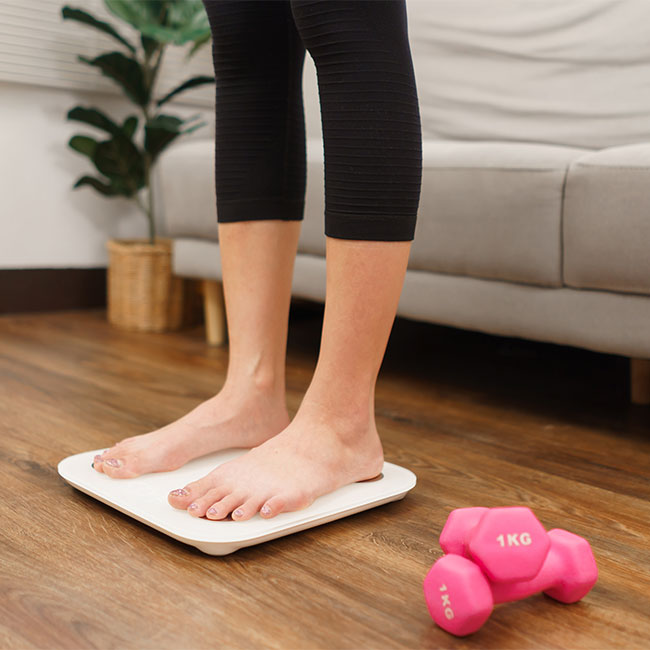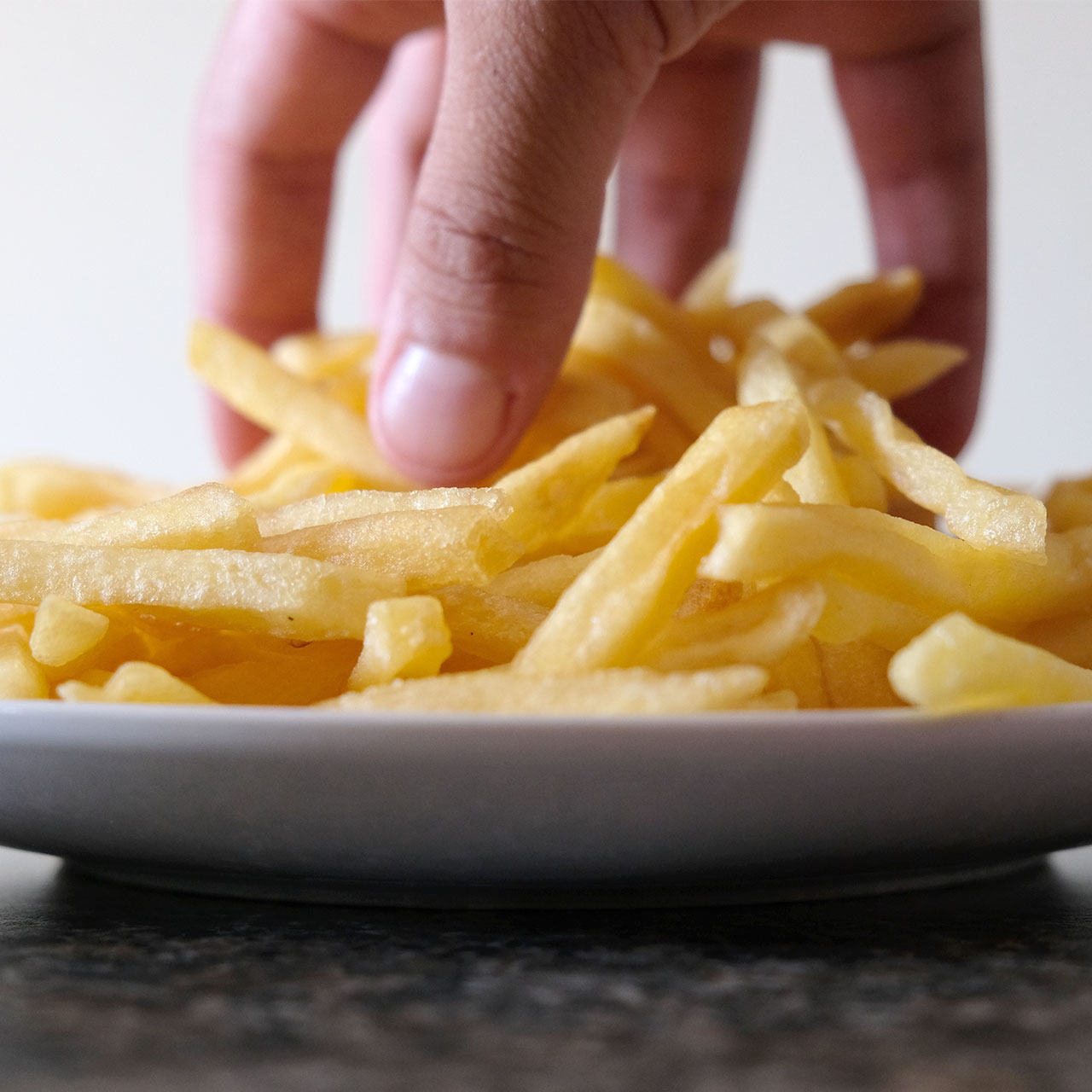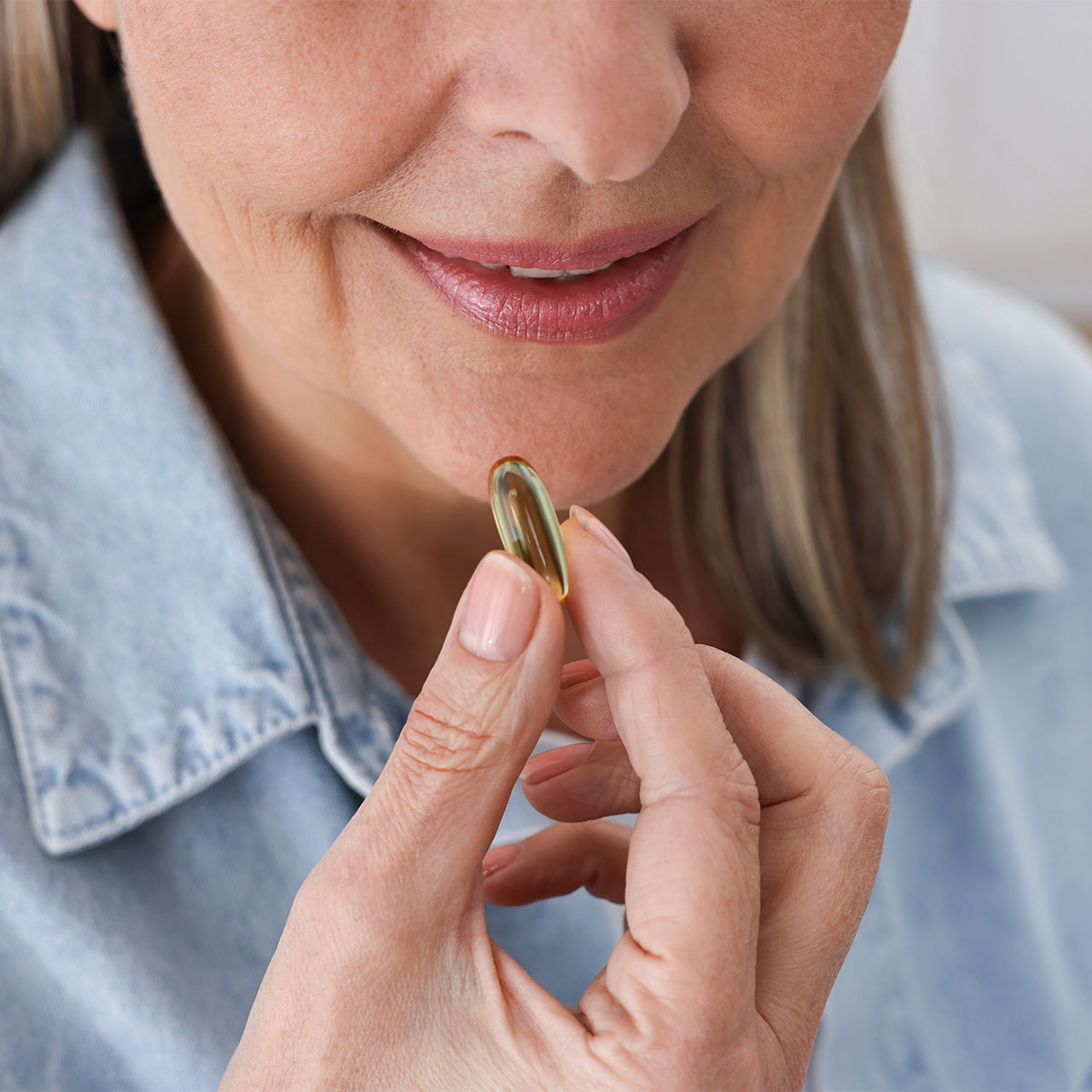With summer in full swing, many are looking for effective and sustainable ways to shed some pounds and get fit. While there are many great habits you can integrate into your daily routine for healthy weight loss, one of the most crucial steps to take is to stay active and exercise every day.
Walking, a simple and accessible form of exercise, is often touted as one great way to lose weight. But how much walking do you actually need to do each day to see results? We asked Amanda Brooks, a certified running coach, personal trainer, and author of the book Run to the Finish, for her expert advice. According to her, it varies from person to person—but there are some steps you can take to figure out what works for you. Find all of her expert advice below.


Consistency is Key
According to Brooks, there isn’t a one-size-fits-all answer to how many miles you should walk each day. "The actual mileage is going to vary for each person. I believe it's about the consistency of showing up daily and trying to progress in pace and distance," she explains. Rather than fixating on a specific number, she suggests focusing on regularity and gradual improvement.
To maximize the benefits of your walking routine, Brooks recommends incorporating inclines or hills and even using trekking poles. "As you improve, start adding in more inclines or hills and trekking poles to increase the total calorie burn," she advises. These modifications can help boost your calorie expenditure and enhance your workout's effectiveness.

For women over 40 who may be new to walking or returning after a hiatus, Brooks has tailored advice. "Start out slowly so that you don't create muscle aches or fatigue that keep you from showing up the next day. It's not about one day of workouts, it's about doing it for many months and years," she emphasizes. Brooks also highlights the social benefits of walking: "Remember that a walk with a friend can be a great way to get together, have more fun with your walk, and skip lunch out!"
While walking is a fantastic way to get active, Brooks underscores the importance of diet in any weight loss journey. "Diet is an integral part of any weight loss program. Your body [needs] nutrients to feel energized to stick to the workouts and needs enough protein to help with muscle repair and growth," she notes. Ensuring that your diet supports your physical activity is crucial for achieving and maintaining weight loss.

Bottom line
Ultimately, the key to losing weight through walking lies in consistency, gradually increasing intensity, and complementing your physical activity with a healthy diet. By showing up every day, making your walks progressively more challenging, and paying attention to what you eat, you can create a sustainable and effective weight loss routine.
So, lace up your sneakers, find a scenic route or a walking buddy, and take the first step towards a healthier you this summer. Remember, it’s not just about the miles you cover, but the daily commitment to your health and well-being.


























